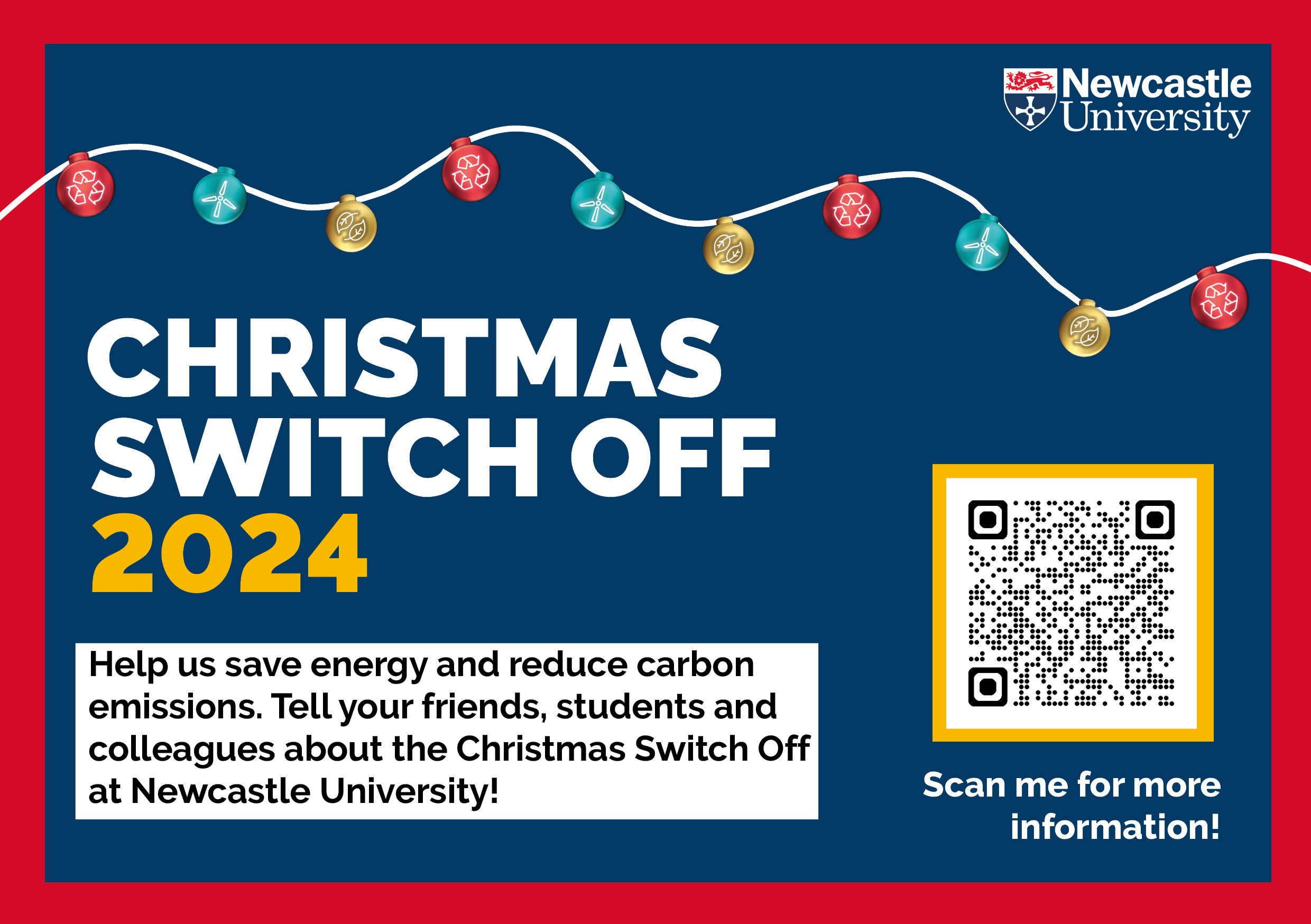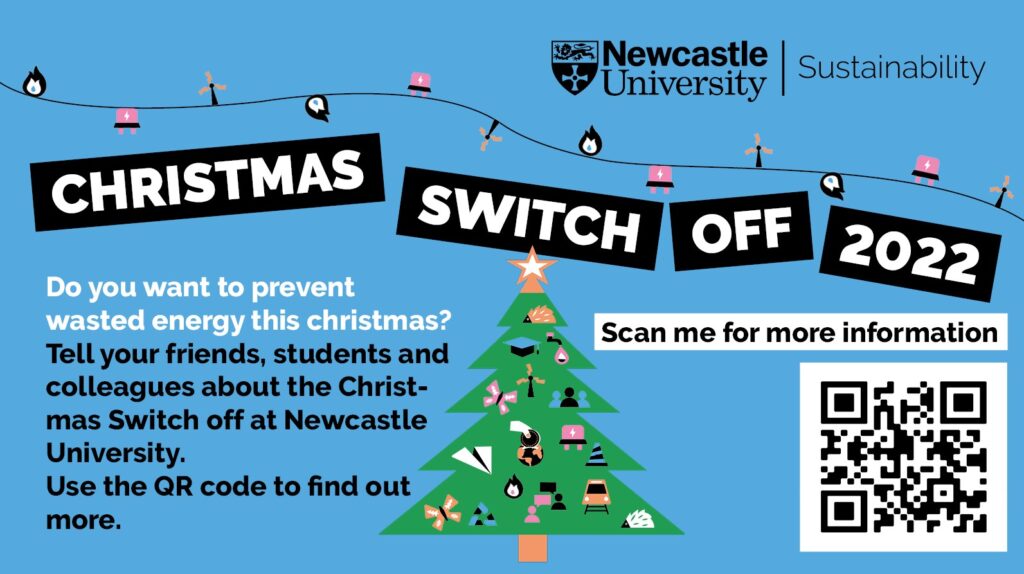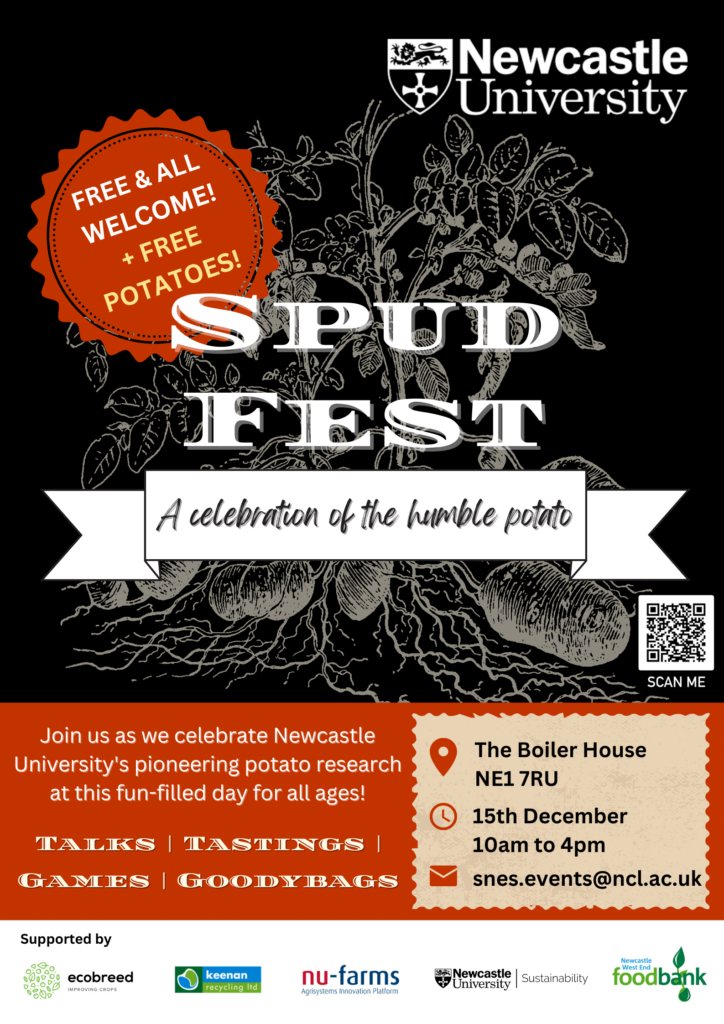Well it’s come around again – what some claim is the most wonderful time of the year! But amongst the lights, sparkles and glad tidings there is a less merry reality to our festive celebrations… the waste they create. So why not shake it up this year and start a new sustainable tradition? Take a look at the ideas below!

Second Hand Santa
According to Hubbub’s poll last year (2023) £280 million was spent on Secret Santa gifts for colleagues. However, only a third of these were reported as useful. Many of these gifts didn’t even make it home from the office party!
Buck the trend this year by opting for a Second Hand Santa. It operates identically to a Secret Santa apart from one detail. ALL gifts are thrifted, regifted, or handmade. Charity shops are the gift that keep on giving here. Practical and genuinely useful gifts are the most sustainable, and charity shops can offer a spark of inspiration for truly thoughtful presents that actually stick to the Secret Santa budget! If gifts to provide a laugh are more your métier don’t worry! Charity shops also provide a long list of weird and wonderful items you can entrust to your colleagues to treasure.

Thriftmas Jumper Day
Have you previously been a victim of Christmas Jumper day? Many of us have found ourselves making a last-minute jumper purchase that we know we will never ever wear again. But we bought it anyway to avoid becoming the office Grinch.
Why not take the pressure off this year? With plenty of early warning and an active encouragement to wear already owned, thrifted, borrowed, and festively adapted jumpers, sustainable festive fun is possible! Extra points if you can source an authentic ugly or vintage Christmas jumper lovingly knitted for a festive season long ago.

Positive Party Planning
Excited to celebrate the past year of hard work? Why not add to the reasons to celebrate by making some sustainable swaps to your seasonal shindig? You could:
- Organise carpooling / lift sharing to and from the event
- Make sure the menu has a GOOD plant-based option (so it’s more likely to be chosen)
- An entirely vegetarian/ vegan menu (or even just the sides/ starters)
- Encourage colleagues to bring Tupperware to take any leftovers home
- Consider skipping crackers and just buy paper party hats instead!
- DIY/ purchase 2nd hand/ rent festive decorations
Check out Hubbub for more ideas and resources for this December (and the new year). Happy celebrating!






